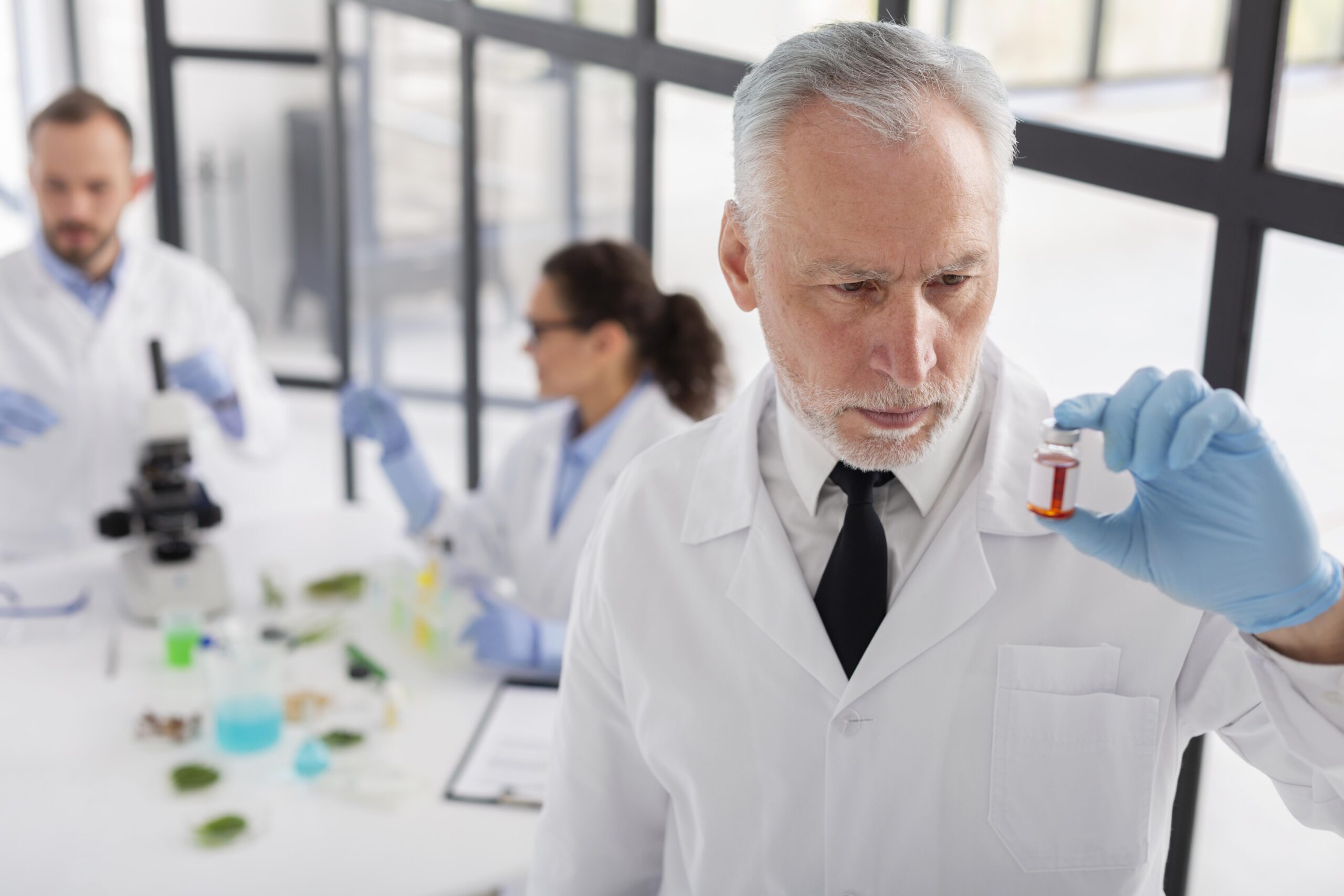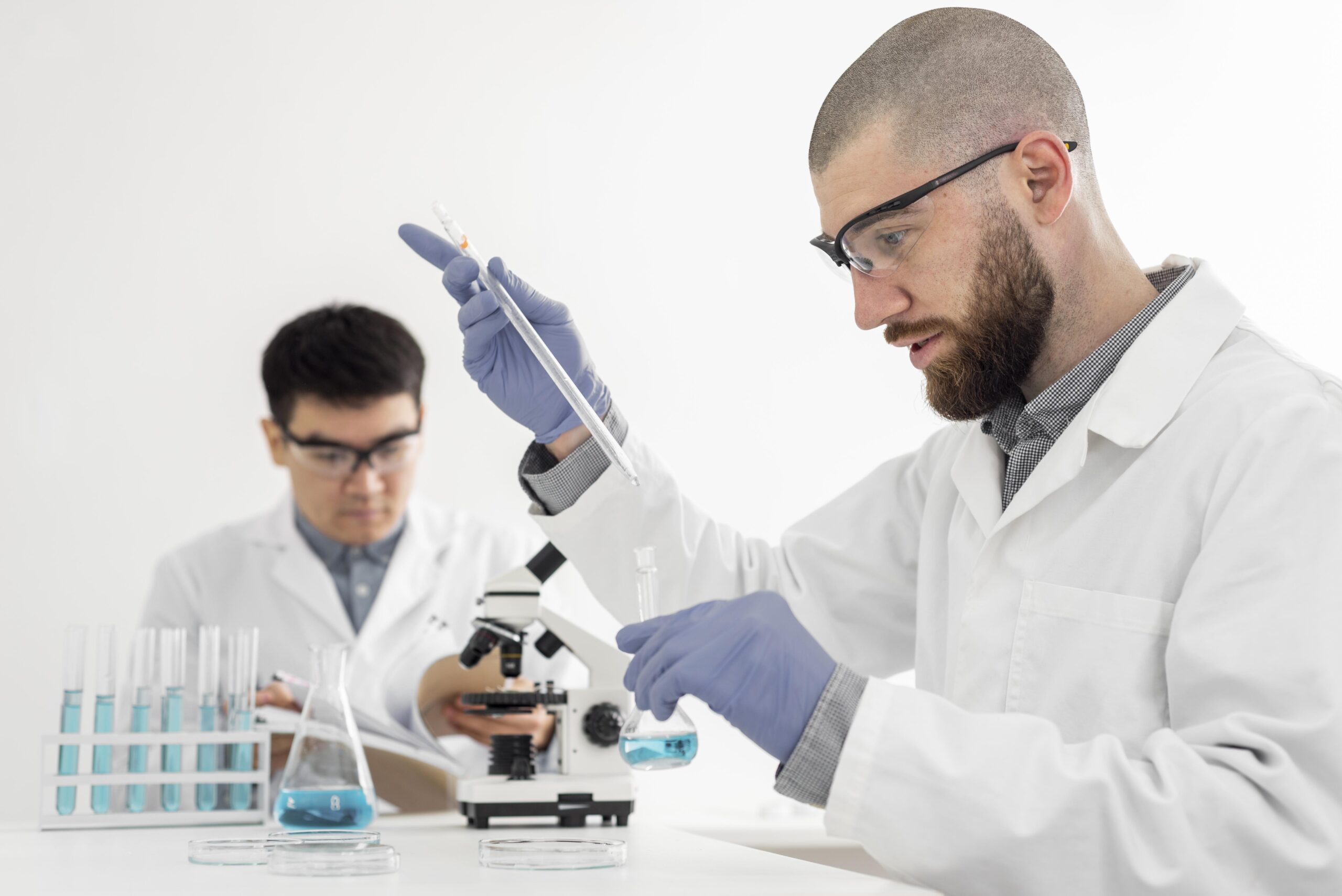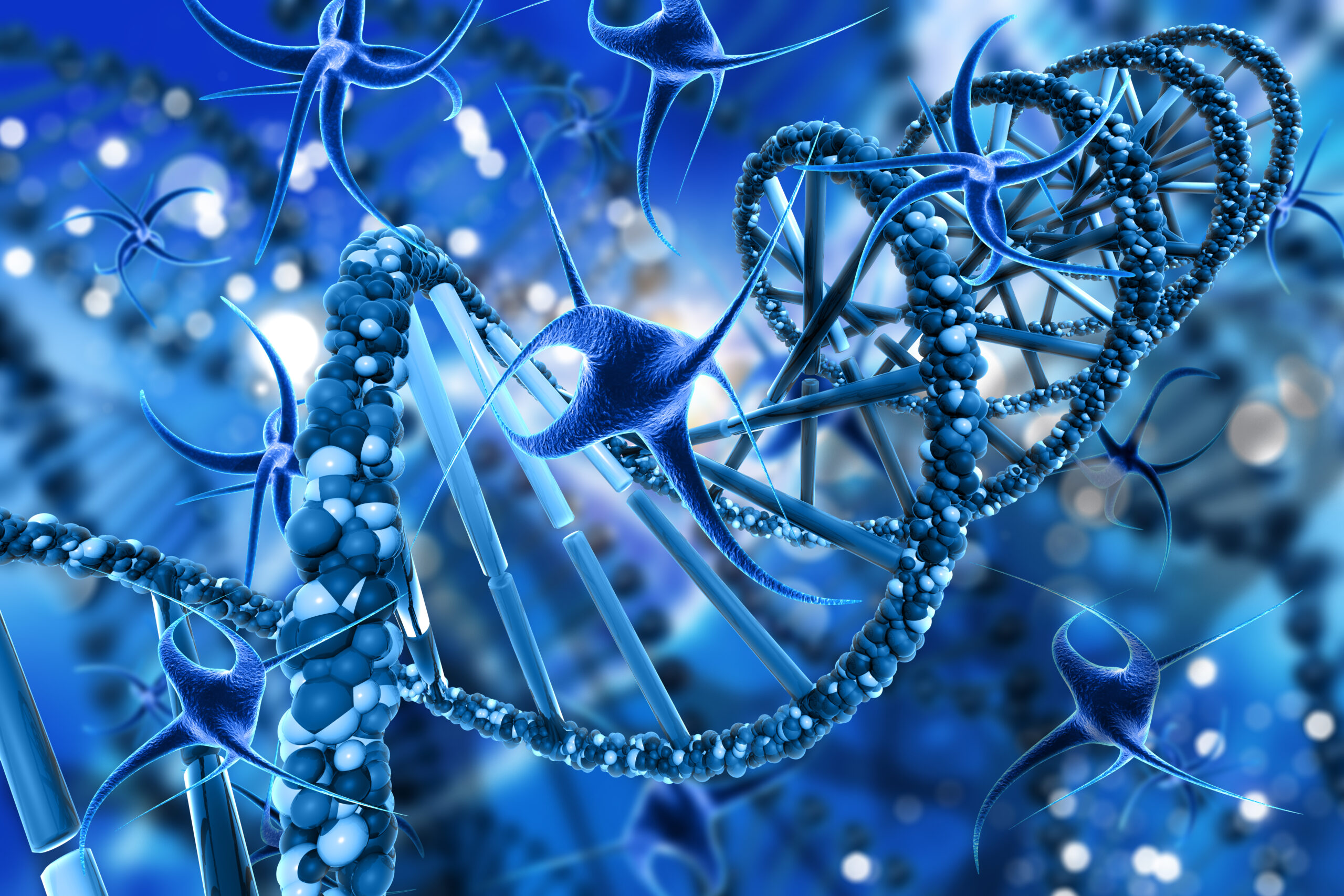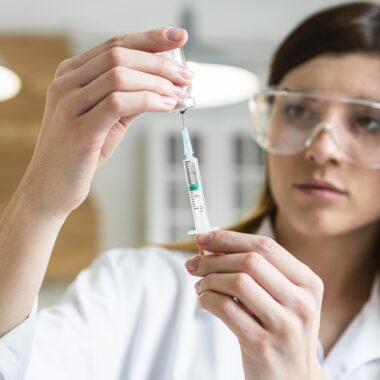The Growing Role of Peptides in Research
In recent years, peptides have emerged as pivotal tools in scientific research, enabling breakthroughs in diverse fields such as regenerative medicine, neuroscience, and disease modeling. As short chains of amino acids, peptides interact with cellular systems in ways that allow scientists to explore aging, cellular repair, and biological processes on a deeper level. This article explores how peptides are shaping modern research, highlighting key studies and emphasizing the importance of responsible and legal usage.
Scientific Breakthroughs: How Peptides Are Advancing Research
Peptide-based research has expanded rapidly, with innovative studies revealing new possibilities for understanding and treating complex diseases. Here are some recent breakthroughs in peptide research:
Aging and Cellular Studies
Researchers have recently focused on peptides like GHK-Cu, known for its anti-aging properties in cellular studies. GHK-Cu has shown promise in promoting collagen production and improving cellular resilience, making it a key focus in skin health and anti-aging research.[1]
Disease Modeling
Peptides are also gaining traction in disease modeling, where they help simulate disease conditions at the cellular level. For instance, GHK-Cu and TB-500 have been used in studies to understand mechanisms involved in inflammation and cellular repair, offering insights that may inform future therapeutic approaches.[2]
Neuroscience
Certain peptides, such as PT-141, have advanced research in neuroscience. PT-141 is investigated for its impact on neurochemical pathways that affect behavior and sexual function. This peptide allows researchers to map complex brain signaling mechanisms, potentially contributing to the development of treatments for neurological conditions.[3]
Applications of Peptides in Scientific Research
Peptides have diverse applications across scientific disciplines. Here are some of the most promising areas where peptides are making a significant impact:
Regenerative Medicine
In regenerative medicine, peptides like TB-500 and IGF-1 have been instrumental in understanding tissue repair mechanisms. These peptides are often utilized in studies investigating muscle recovery and wound healing, aiding scientists in exploring cellular pathways that may eventually support new therapies for injury recovery.
Metabolic Research
Peptides such as Ipamorelin are widely used in metabolic studies due to their influence on growth hormone release. This research helps to reveal links between metabolism, obesity, and muscle anabolism, and may assist in understanding metabolic disorders.
Skin Health and Cosmetic Science
Peptides like GHK-Cu are being studied extensively for their role in collagen synthesis and cellular rejuvenation. These peptides are crucial in the field of cosmetic science, where researchers investigate biochemical mechanisms related to skin aging and repair.
Legal and Ethical Considerations for Peptide Research
The peptides available on our website are strictly for research purposes only and are not approved by the FDA for human consumption or therapeutic use. They are intended solely for laboratory and scientific studies, and any misuse for non-research applications may be illegal and potentially harmful.
At PeptidePro, we are committed to providing high-quality research peptides for scientific use, upholding ethical and legal standards to ensure these compounds remain valuable resources for legitimate research. We encourage all researchers to handle peptides responsibly, following proper safety protocols and complying with relevant regulations.
The Future of Peptide Research
Peptides are revolutionizing the way scientists approach complex biological challenges. From anti-aging studies to disease modeling, peptides continue to expand our understanding of cellular functions and open new avenues in science. With legal and ethical use in mind, peptides stand as invaluable assets in laboratories worldwide, helping researchers pave the way toward tomorrow’s breakthroughs.
References
- Pickart, L. “The human tri-peptide GHK and tissue remodeling.” Journal of Biomaterials Science, Polymer Edition, vol. 19, no. 8, 2008, pp. 969-988.
- Goldstein, A.L., and Hannappel, E. “Thymosin beta 4: A multi-functional regenerative peptide.” Basic and Clinical Pharmacology and Toxicology, vol. 110, no. 6, 2012, pp. 550-556.
- Giuliano, F., and Clément, P. “Neuroanatomy and physiology of sexual function.” Journal of Sexual Medicine, vol. 2, no. 6, 2005, pp. 832-837.











